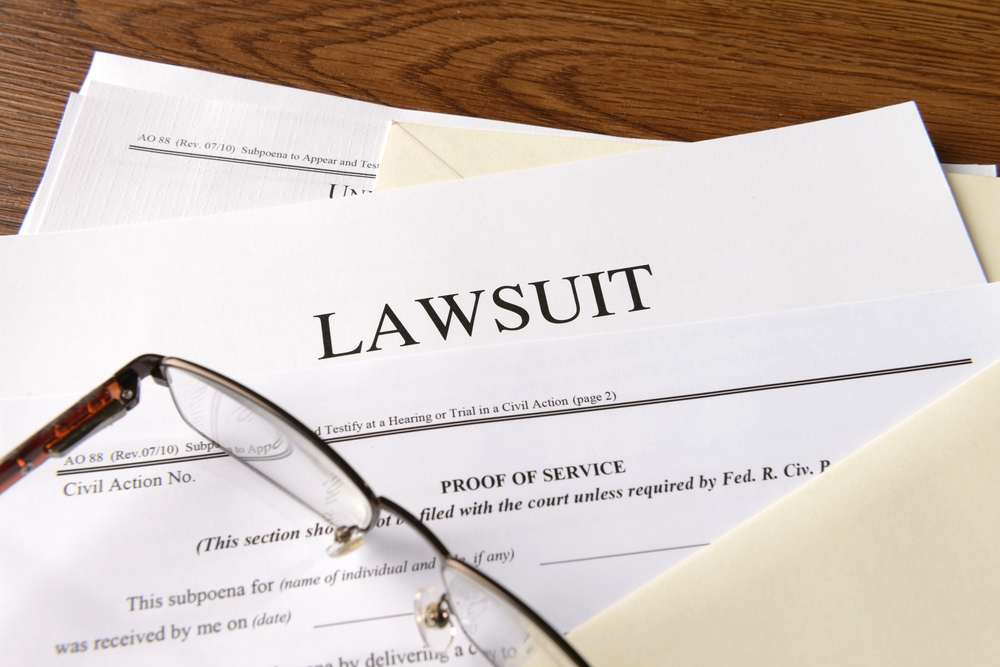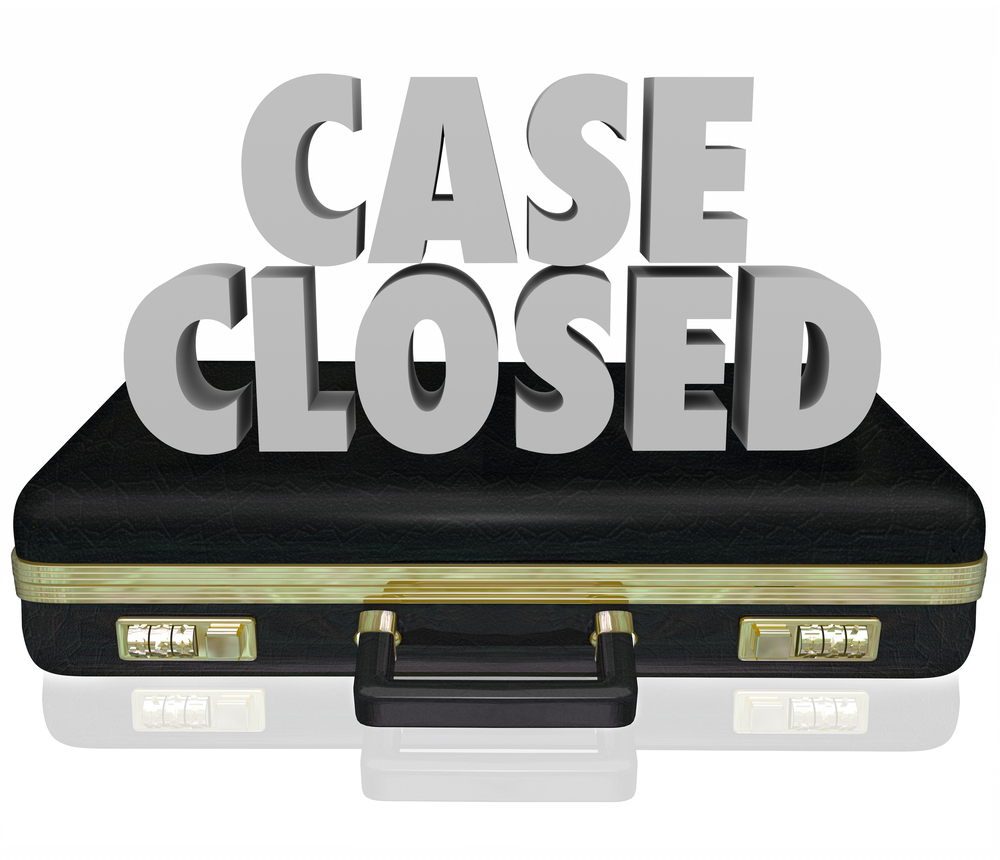Considerations when Multiple Proposals for Settlement are Served on Separate Defendants
I have previously discussed proposals for settlement / offers of judgment (“proposals for settlement”). A proposal for settlement is a statutory vehicle pursuant to both Florida Statute s. 768.79 and Florida Rule of Civil Procedure 1.442 to create an argument to recover attorney’s fees based on the judgment amount. (See this article for more on proposals for settlement). For a plaintiff (party seeking affirmative relief), the plaintiff must obtain a judgment 25% greater than the proposal for settlement amount. When there are multiple defendants, the plaintiff needs to serve a proposal for settlement on each defendant. In Cassedy, Jr. v. Wood,44 Fla.L.Weekly...
Continue reading








